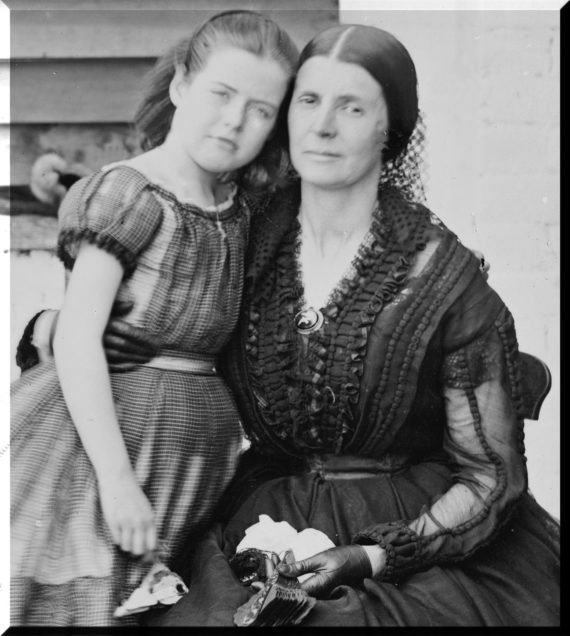
“If you, who represent the stronger portion, cannot agree to settle [the issues] on the broad principle of justice and duty, say so; and let the States we both represent agree to separate and part in peace. If you are unwilling we should part in peace, tell us so, and we shall know what to do, when you reduce the question to submission or resistance.” John C. Calhoun, from his speech read in the Senate Chamber by James Murray Mason of Virginia on March 4, 1850Maryland’s curious honor roll of distaff Unionists includes Clara Barton from North Oxford, Massachusetts and two Pennsylvanians, an apocryphal flag waver named Barbara Fritchie and the singularly unremarkable Matilda Sterling, who complained that the citizens of Annapolis and Baltimore were secessionist and “very bitter in their feelings” towards Federal occupation troops.
Their objectives by necessity subordinated to the overarching imperative to write a more palatable “Civil War” history, feminist ideologues glorify these transplants as exemplars of “strong, right-thinking Maryland” women “ahead of their times,” while they typically neglect the Old Line State’s more numerous, home-grown Confederate heroines.
More @ The Abbeville Institute

No comments:
Post a Comment